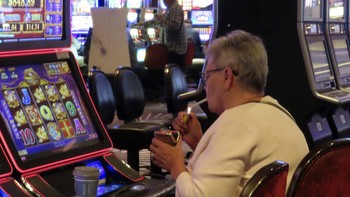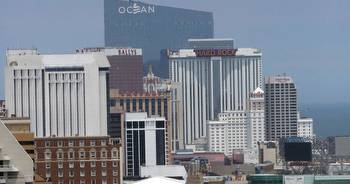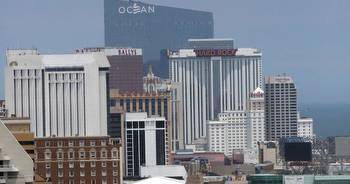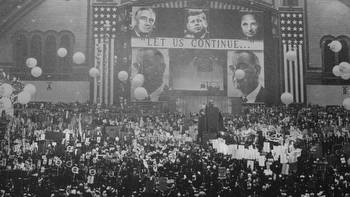Casino tax fund generated record $504M last year

ATLANTIC CITY — The city’s casino industry paid more than $504 million in taxes and fees last fiscal year, a record amount that helps fund programs around the state for its most vulnerable residents.
Money for the programs is generated from taxing various parts of the casino gaming industry from total gaming revenue to progressive slots.
The Casino Revenue Fund was established in 1976 with the provision that state revenues derived from casino gambling would be applied solely for the purpose of “providing funding for reductions in property taxes, rental, telephone, gas, electric, and municipal utilities charges of eligible senior citizens and disabled residents of the State in accordance with such formulae as the Legislature shall by law provide,” according to the state. The fund’s authorized use was expanded in 1981 to include additional or expanded health services or benefits and transportation services or benefits to eligible senior and disabled residents.
More than $436.6 million from the fund was budgeted for Community Care Program Individual Support, according to the 2023-24 state budget. The individual support services program delivers services, including help with household chores, and provides training to residents of state-licensed residential facilities to assist them with self-care and habilitation-related tasks.
NJ Transit used more than $38.9 million from the fund for its Senior Citizens and Disabled Residents Transportation Assistance Program, according to records.
“The Casino Revenue Fund is critical to operating the Senior Citizen and Disabled Resident Transportation Assistance Program,” said Jim Smith, spokesperson for NJ Transit. “This program allows for county coordinated transportation that provides transportation to senior citizens and people with disabilities and acts as a lifeline to necessities such as non-emergency medical trips, shopping and nutrition.”
Over the past decade, the increase in casino gaming in the region has had a dramatic impact on the amount in the fund.
Casino tax revenue dropped to $214.6 million in 2013 as the casino market in the city started to crater. The economic downturn of that period contributed to four casinos closing in 2014: the Atlantic Club, Showboat, Revel and Trump Plaza. A fifth casino, Trump Taj Mahal, closed in 2016.
Poet Jane Wong will read from her memoir, "Meet Me Tonight in Atlantic City," this week at Stockton University.
The fund hit rock bottom in 2015 when it generated $205.9 million in revenue, the lowest amount since 1987, according to state records.
Assisted by the reopening of two casinos in the city, legalized sports betting and the continued growth of internet gaming over nearly the past decade, the revenue in the fund has continue to grow.
“Internet gaming has substantially increased tax revenue for the state of New Jersey’s Casino Revenue Fund and for the CRDA,” said Jane Bokunewicz, director of the Lloyd D. Levenson Institute of Gaming, Hospitality and Tourism at Stockton University. “The increased volume of internet gaming play, coupled with the higher tax rate, 15% on internet gaming compared to 8% on slots and tables revenue, led to a substantial increase in total gaming taxes collected by the state of N.J. — particularly post-COVID. To ensure the sustainability of this revenue stream, which is so vital in funding important programs as well as supporting marketing and redevelopment of the Tourism District, the state must continue to support the casino industry’s internet gaming efforts.”
Over the years, local officials have expressed concern over how much tax revenue has left the city and South Jersey coffers for programs and projects around the state, and Mayor Marty Small Sr.’s administration is no different.
“It is always a continued effort for the Small administration to bring revenue to the taxpayers of the Great City of Atlantic City, so of course we would like to see more of the casino tax revenue come our way,” Small said in a statement. “I am working directly with the front office on a revenue source since we couldn’t get the money from the CRDA for sports gaming.”
While the city doesn’t receive money directly from casino taxes, it does receive money from a $2 fee per occupied casino hotel room. The surcharge, which went into effect in March 2022, generated more than $6.8 million last year. Through July this year, the surcharge has generated more than $3.8 million. The money the city receives from the surcharges goes toward public safety in the resort.
































